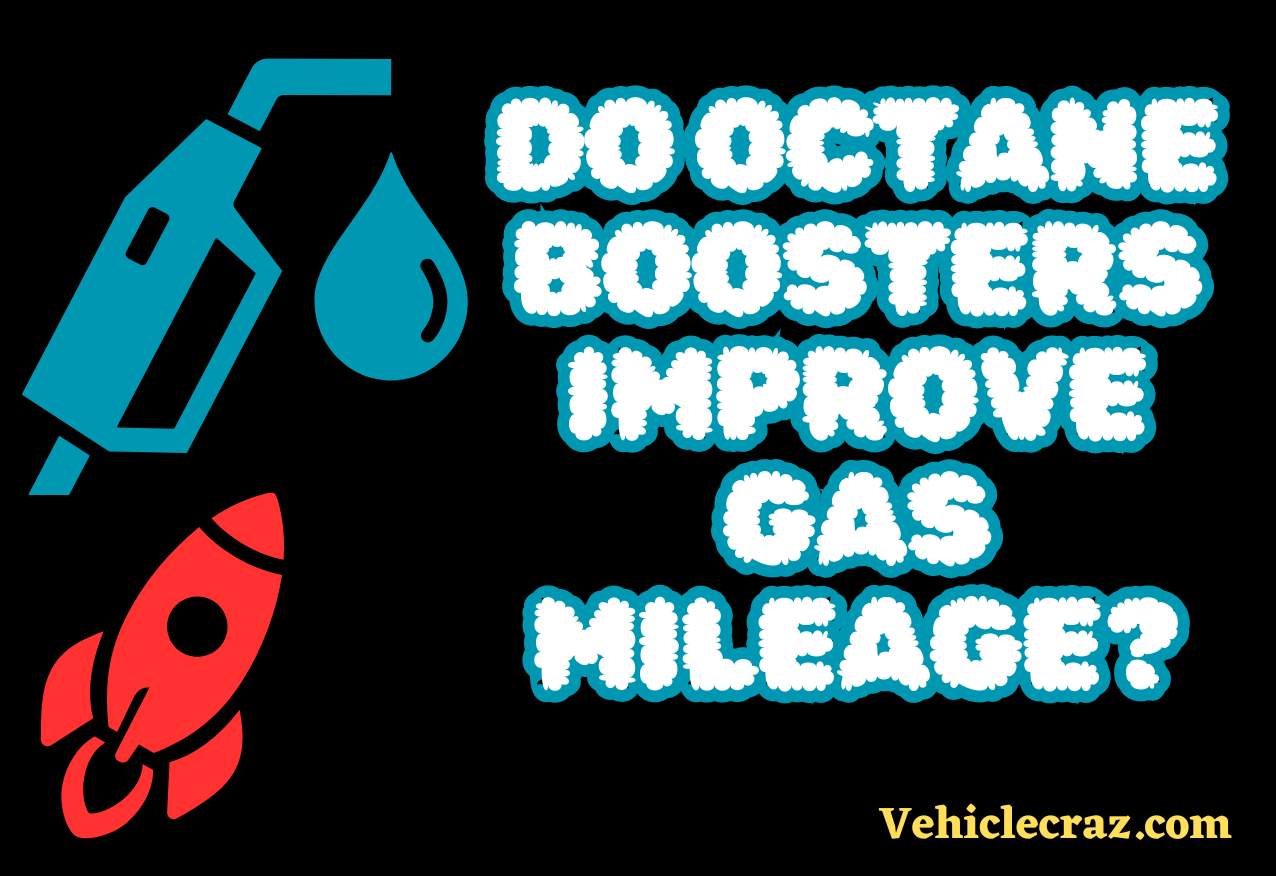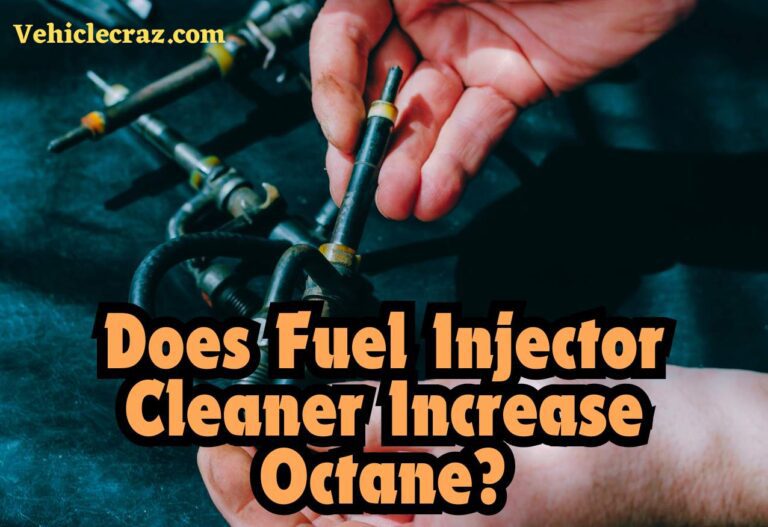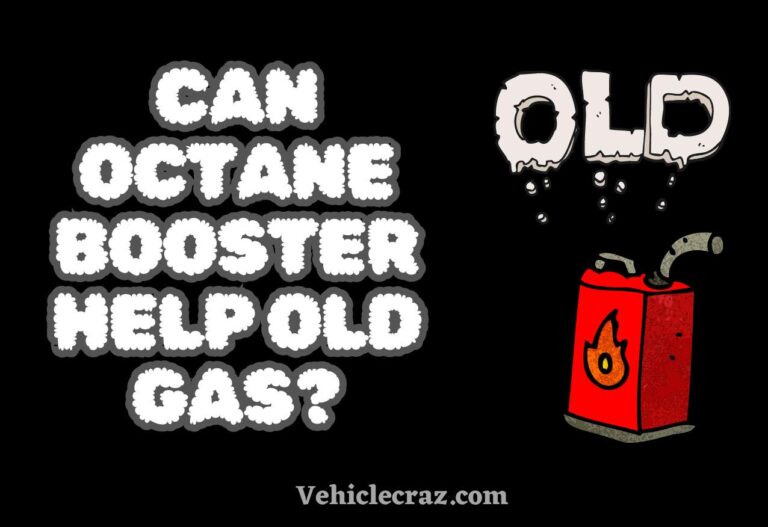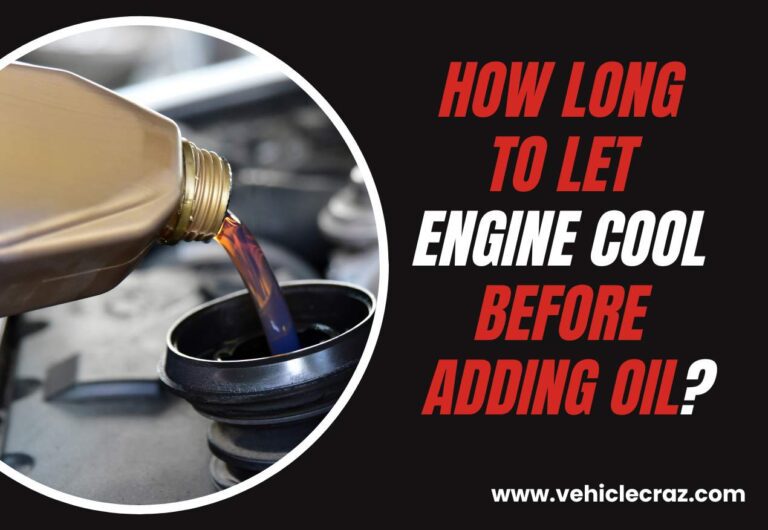Do Octane Boosters Improve Gas Mileage?
Do Octane Boosters Improve Gas Mileage? This question may arise due to a desire to improve fuel economy or to determine if the cost of using an octane booster is justified by potential mileage gains. Ready to read a comprehensive article? let’s start.
What Are Octane Boosters?
Octane boosters are additives designed to increase the octane rating of gasoline. The octane rating of gasoline indicates its resistance to engine knocking, a condition where the air-fuel mixture ignites prematurely in the engine’s cylinders. Knocking can lead to engine damage and reduced performance.
Octane boosters typically contain chemicals such as tetraethyl lead, methylcyclopentadienyl manganese tricarbonyl (MMT), or toluene, which increase the fuel’s octane rating. By increasing the octane rating, octane boosters help prevent knocking and improve engine performance in vehicles that require higher octane fuel than what is available.
It’s important to note that octane boosters should be used according to the manufacturer’s instructions. Using too much booster can lead to engine damage or other issues. Additionally, not all vehicles benefit from using octane boosters, as some engines are designed to run on regular octane fuel and do not require higher octane ratings.
Do Octane Boosters Improve Gas Mileage?
Octane boosters are primarily designed to prevent engine knocking and improve engine performance in vehicles that require higher octane fuel. While they can help achieve more efficient combustion in certain high-performance or turbocharged engines, they typically do not directly improve gas mileage in vehicles designed to run on regular octane fuel.
Can Using a Higher Octane Fuel than Recommended Improve Fuel Efficiency?
Using a higher octane fuel than recommended for your vehicle is unlikely to improve fuel efficiency. Most modern engines are designed to run efficiently on the octane rating specified by the manufacturer. Using a higher octane fuel than necessary typically does not provide any additional benefits in terms of fuel economy and can be a waste of money.
In some cases, using a higher octane fuel than recommended can even lead to reduced fuel efficiency. This is because higher octane fuels are more resistant to detonation, which means they burn more slowly. In engines designed for lower octane fuels, using a higher octane fuel can result in incomplete combustion and reduced efficiency.
Does the Type of Fuel Matter for Fuel Efficiency?
Yes, the type of fuel can have an impact on fuel efficiency, but the effect varies depending on the vehicle and its engine design. Here are some key points:
Octane Rating
Using fuel with a higher octane rating than required by your vehicle typically does not improve fuel efficiency and can be a waste of money. However, using fuel with a lower octane rating than required can lead to engine knocking and reduced efficiency.
Ethanol Content
Ethanol-blended fuels, such as E10 (10% ethanol) or E85 (up to 85% ethanol), can have slightly lower energy content compared to pure gasoline. This can lead to slightly lower fuel efficiency in vehicles not designed to run on ethanol blends.
Quality of Fuel
Using high-quality fuel from reputable sources can help ensure optimal engine performance and fuel efficiency. Low-quality or contaminated fuel can lead to issues that reduce efficiency.
Fuel Additives
Some fuel additives, such as detergents and cleaners, can help maintain engine performance and fuel efficiency by keeping fuel systems clean. However, the impact of these additives on efficiency may be minor.
What Does Fuel Efficiency Depend On?
Fuel efficiency, the amount of fuel a vehicle consumes per unit of distance traveled, depends on various factors. Vehicle design is crucial, including weight, aerodynamics, engine size, and drivetrain.
Driving behavior significantly impacts efficiency, with aggressive driving and high speeds leading to increased consumption. Proper maintenance, like regular tune-ups and correct tire inflation, improves fuel efficiency. Fuel quality is important, as low-quality or contaminated fuel can cause engine issues that reduce efficiency.
Route and driving conditions affect efficiency, with heavy traffic and hilly terrain increasing consumption. Using air conditioning or heating also reduces efficiency. Excess weight, such as heavy cargo or roof racks, lowers fuel efficiency.
The type of fuel used and its compatibility with the vehicle affect efficiency. Technological advancements, like direct injection and turbocharging, can improve fuel efficiency. Driving habits, like idling and speeding, impact efficiency.
In conclusion, fuel efficiency depends on vehicle design, driving behavior, maintenance, fuel quality, driving conditions, fuel type, technology, and driving habits. Understanding these factors helps drivers optimize fuel efficiency, reducing both fuel costs and environmental impact.
Which Fuel Type Gives More Mileage?
The fuel type that gives more mileage can vary depending on the vehicle and its engine design. However, in general, diesel fuel tends to provide better mileage compared to gasoline. This is because diesel fuel has a higher energy density than gasoline, meaning it contains more energy per unit volume. As a result, diesel engines can extract more energy from each gallon of fuel, leading to better fuel efficiency.
However, it’s important to note that the actual mileage you get from a vehicle depends on many factors, including the vehicle’s fuel efficiency rating, driving habits, maintenance, and driving conditions.
Additionally, advancements in gasoline engine technology, such as direct injection and turbocharging, have helped improve the fuel efficiency of gasoline-powered vehicles, narrowing the gap between diesel and gasoline engines in terms of mileage.


I’m Alex, a seasoned mechanical teacher with over 20 years of hands-on experience in Australia. My passion for all things automotive has driven me to establish this blog, aiming to share my wealth of knowledge and expertise with fellow enthusiasts, DIYers, and anyone keen on understanding the mechanics behind the machines we rely on daily.







